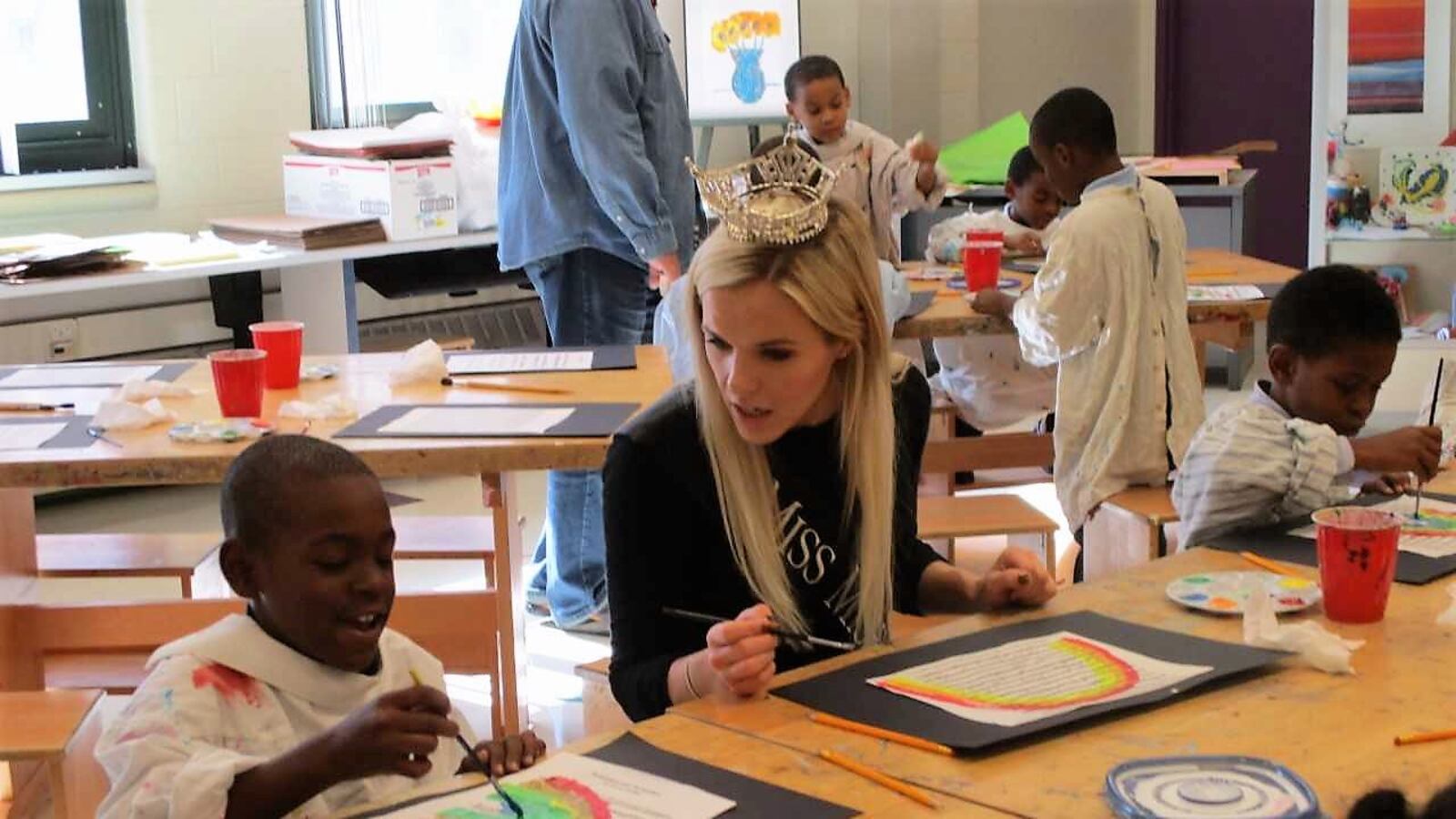If a student artist wrote an essay, completed a lengthy project, and finished an end-of-course task to show mastery in her discipline, should she be excused from her last Regents exam?
That is one option New York state’s top policymakers considered on Monday during a discussion about how to test students’ knowledge in in areas such as visual arts, music and theater. The conversation is part of New York’s broader effort to expand graduation options and could provide a roadmap for state officials as they try to create testing options that stretch beyond multiple choice bubble tests.
“We’ve never had a presentation like this on this topic,” said Regent Lester Young. “I think this is a model.”
There is no set timeline for when the state would create an arts assessment, and the state has not settled on one option. State officials discussed a range of possibilities, from submitting a portfolio of student work to an arts exam that has performance components.
Regent Roger Tilles, who has worked extensively on creating an arts option, said that while officials are still figuring out the details, a final option would likely include some combination of an end-of-course assessment and an evaluation of a student’s artistic performance during the school year.
The state has already approved an arts graduation option as part of its “4+1” program, which allows students to substitute their final Regents exam for an assessment in areas such as career and technical education, Spanish, and work-readiness skills.
However, the only tests currently approved to substitute for a Regents exam in the arts are Advanced Placement and International Baccalaureate exams, which aren’t offered at all New York state schools. Of the 9,900 students who used one of these alternative graduation options this year, only three percent used an approved arts tests, according to figures released by state officials.
State officials say new graduation options, such as an arts assessment, are necessary to ensure that students can demonstrate their skills and knowledge in multiple ways on their path towards earning a diploma. Additionally, some Regents are hoping the new test will inspire more arts education in schools. (Tilles said the focus on the arts pairs nicely with a Regents presentation in the afternoon about bringing more cultural artifacts into schools.)
“Yes, this is about substituting arts for a Regents exam – but it’s so much more than that,” Tilles said to Chalkbeat.
However, critics may worry that graduation requirements are being watered down. Already, students with disabilities do not need to pass any Regents exams in order to graduate. Additionally, an analysis by Education Trust-NY suggested that black and low-income students may be tracked into less rigorous or more career-focused paths as the state expands graduation requirements.
Beyond graduation, the Regents have indicated that they are interested in alternative testing in subjects such as science and social studies. The top education policymakers also considered revamping the state’s math and English tests, but determined that the effort would cost too much money.
Some Regents expressed concern that they might run into the same roadblock while trying to create an alternative assessment in the arts.
“Without the resources,” said Regent Judith Chin during the meeting, “this does not go forward.”

